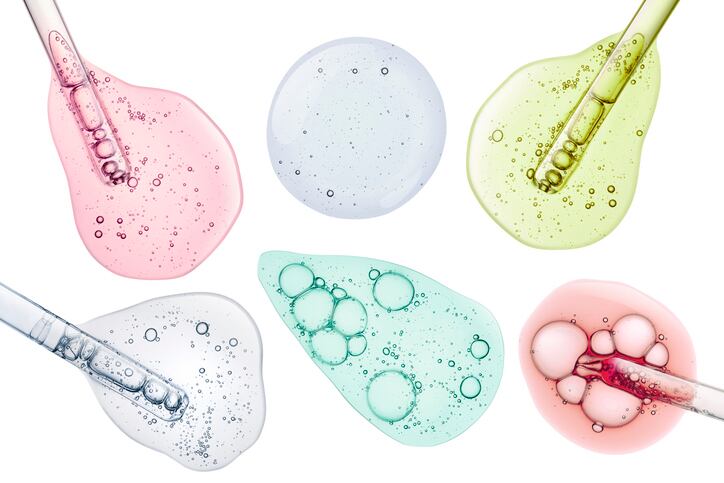Since 2013, the EU has had a ban in place on the testing of cosmetic products and cosmetic ingredients on animals under the Cosmetics Regulation EC No. 1223/2009. However, under ECHA’s REACH Regulation on chemical safety, animal data could sometimes be required to prove the safety of ingredients relating to long-term worker exposure or environmental emissions.
EU animal testing ban – the 2020 industry vs. policy stalemate
This discrepancy had long caused concern among industry manufacturers and suppliers alike, but this year industry had joined forces with animal rights groups and other non-profits to step up and publicly challenge the regulatory framework, following two ECHA Board of Appeal rulings that called for animal data on two Symrise ingredients destined for sunscreen formulas. Several beauty majors signed an open letter last month stating ECHA was undermining the EU animal testing ban – a claim the agency refuted – and many industry leaders had since called on ECHA and other regulatory bodies to accept next-generation, non-animal methods that had fast evolved in recent years.
So, was ECHA ready to widely accept such alternatives? And would it collaborate with the beauty industry on pushing forward to make these commonplace, ultimately entirely replacing the need for animal data?
In short, yes, said Christel Musset, ECHA’s director of Hazard Assessment.
ECHA ‘fully supports’ alternative testing methods
Speaking to CosmeticsDesign-Europe, Musset said: “From a scientific perspective, ECHA staff follows and contributes to the development of such assessment methods. Examples of ECHA’s active contribution include validation of these methods in the context of the OECD test guidelines programme, development of the QSAR Toolbox, or participation to international projects to assess how the new approach methods can be integrated in chemical management.”
ECHA had also been an “active contributor” to the European Platform for the Alternatives to Animal Testing (EPAA), she said.
“…ECHA fully supports the development and use of alternative testing and alternative ways of providing information on the human health and environmental effects of chemicals.”
Sharing data or predicting properties of a substance from results on a similar substance, for example could be used to avoid “unnecessary testing on animals”, she said. However, Musset said animal tests were “often necessary” to demonstrate long-term effects on the human health and the environment.
Asked if ECHA was prepared to collaborate with the cosmetics industry to advance regulatory uptake of next-generation alternative methods – an important next step cited by many industry leaders and experts as the way forward – she said the agency was “always open to work with stakeholders”.
“The interaction can take form in various ways, for example, as accredited stakeholders, contributing to our consultations or participating in our events,” she said.
European Commission has the policy power, not ECHA
“However, we would also like to highlight that, to progress and ensure alternative methods can replace animal testing, coordinated effort at the level of policy makers is needed – from research to method development and validation. This is an area for the European Commission,” Musset said.
“…ECHA does not make the laws – our role is to implement them. ECHA is responsible for implementing REACH while the European Commission deals with the Cosmetics Regulation. Since 2013, we have been in regular contact with the European Commission to clarify the interface between the REACH and Cosmetics regulations. We have thereby reached a common interpretation.”
Musset said this was clearly outlined on ECHA’s website and clarified further by the Commission’s endorsement of ECHA’s Board of Appeal August 2020 rulings, made in a public response to a European Parliament priority question on the matter in November.
In the same public response, the European Commission very clearly also stood by existing regulatory requirements under the Cosmetics Regulation and REACH Regulation, where animal testing was sometimes required as a last resort under the latter.
Risk of more animal data calls under Chemicals Strategy for Sustainability?
On the topic of the EC’s recent Chemicals Strategy for Sustainability – an initiative industry believe could create an increase in animal data requirements – Musset said ECHA welcomed the strategy “but cannot yet comment on its concrete implications”.
“In any case, ECHA will adapt to any future legal framework,” she said.




